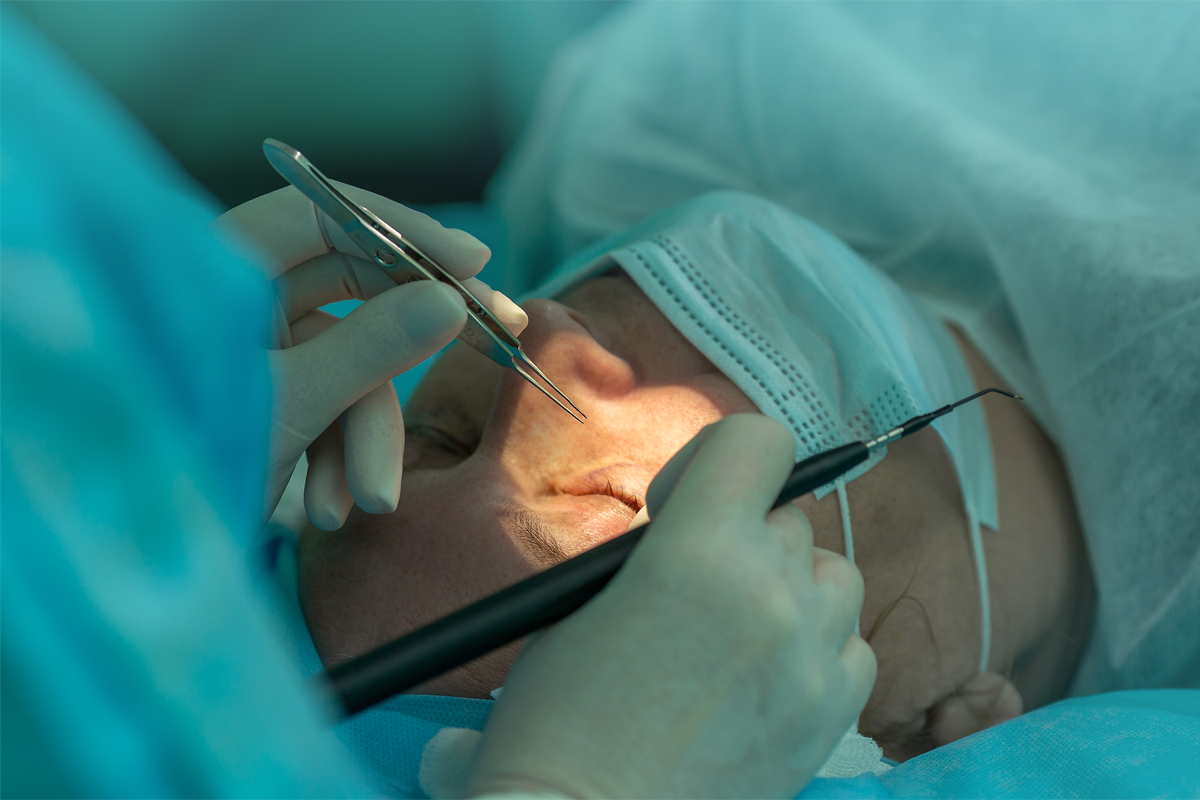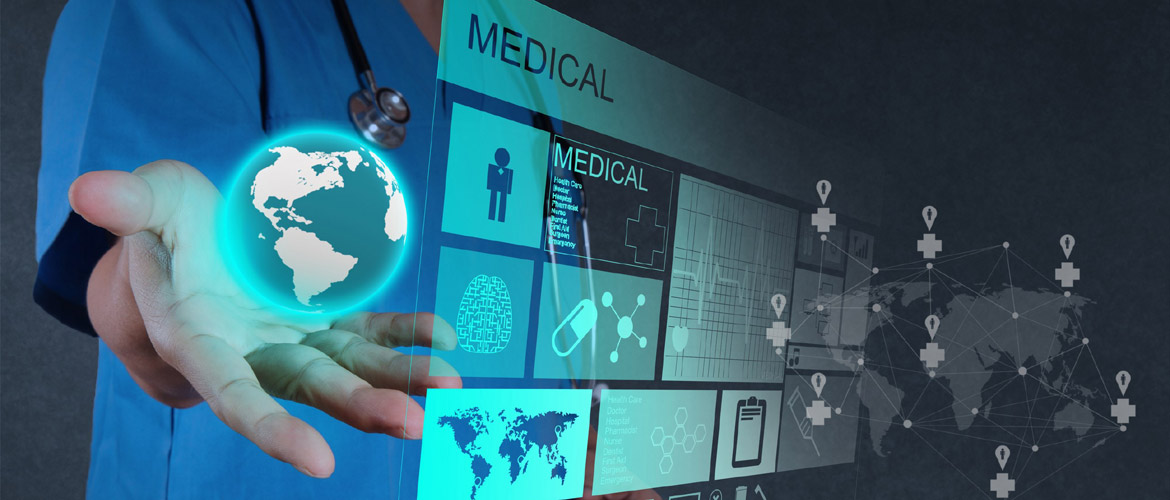Search This Blog
We are attempting to raise awareness about various medical value travel options in order for everyone to receive inexpensive medical care on time.
Featured
- Get link
- X
- Other Apps
India offers world-class healthcare at a reasonable price.
Around the world, a lot of medical tourism institutions have grown recently. This is because foreign patients may get healthcare more readily in other countries if they are familiar with those that have similar social mores, language customs, and cultural standards. Some of these countries have become the leading providers of certain medical procedures, such dentistry, cosmetic, or cardiac surgery. In Asia, there is a considerable market for medical travel. By 2025, medical travel in Asia is projected to generate US$25 billion, up from US$5.54 billion in 2015.
India and Thailand have both made a name for themselves as well-known centers for medical tourists in the Asian continent. India is predicted to generate US$2.3 billion from medical tourism, with 150,000 medical tourists and US$333 million in revenues. However, reliable country-specific estimates are not yet available to determine the size of the medical value travel industry in different countries.
Many of the noteworthy traits of the Indian healthcare sector are pertinent to the discussion of the potential for medical tourism exports from India and the associated issues and concerns. The most striking feature of India's healthcare system is the dominance of the private healthcare sector, which accounted for about two-thirds of all spending and for approximately 80% of the nation's 16,386 hospitals. Compared to other growing countries like Brazil, China, and South Africa, where it accounts for between 40 and 50 percent of total healthcare spending, India's share of public spending is far smaller.
Additionally, tertiary care accounts for a sizable 15 to 20 percent of India's healthcare costs and is anticipated to steadily increase as a result of the country's poor basic health indicators. With private hospitals predominantly servicing the urban and wealthy portions of society and rural and underprivileged segments relying mostly on the public healthcare system, there is a distinct urban-rural and rich-poor divide in the accessibility of healthcare.
Medical Value Travel has been strategically important in this era of globalization because of its ability to generate income abroad, boost a country's soft power, and foster cross-cultural exchange. Due to the culture of consumerism, people are going to various locations throughout the globe in quest of medical treatment that is of greater quality and more economical. Some countries are renowned for offering premium healthcare options that are inexpensive, have the most up-to-date medical technology, and have modern facilities in hospitals that are reachable with a wait. However, rich countries like the USA and Europe are not the only places where medical value travel occurs. As tourists' focus has switched to various Asian countries, Asia is emerging as the newest hub for medical tourism.
SHINON GLOBAL, THE LEADING MEDICAL VALUE TRAVEL & HEALTHCARE CONSULTANCY: INTERESTING FACTS
The advantages of choose medical tourism in India
India is now the world leader in the provision of healthcare services. Additionally, according to the Medical Tourism Index, it is now ranked fifth among the top 51 medical tourism destinations globally. India's healthcare personnel are the best in quickly advancing contemporary medicine and innovation.
Medical tourists choose India for treatment because of the highly trained doctors, first-rate nursing staff, affordable costs, cutting-edge technology, and internationally and locally recognized medications. India provides all the modern comforts as well as a rich cultural past, magnificent natural beauty, and historical significance, making it the ideal site for anyone who wish to experience something new while having treatment. Due to its concentration on building infrastructure, adopting new technologies, and updating services so that patients may have a seamless and joyful experience, India has the potential to become a worldwide leader in medical tourism.
By giving them the following benefits, Shinon Global Healthcare significantly aids international patients in India:
- The best hospitals and medical facilities are now accessible. The most modern equipment and technology are available at the hospitals. This places Indian hospitals on par with their international counterparts in terms of offering the best medical facilities. The best care is given to patients since India has the most up-to-date medical technology and hospital infrastructure. Patients may expect a quick recovery and pain-free operations.
- Get visa assistance for patients in need of it. Your medical visa is organized for you by us. We take care of all the challenges, including writing a letter to the Indian embassy or high commission and putting together the required papers.
- Free food and housing are given to the patient attendants. The patient's room can only have one attendant at a time. As required by hospital policy, the attendant lunch and stay are complimentary. The patient's family member must wait at the guest house or ICU waiting room if the patient is in the ICU.
- Getting to the airport We also provide a meet and greet service. Depending on the circumstances, the patient and a member of his family are picked up at the airport and taken to the hospital or the guest home. All patient travel information must be provided in advance for the hospital attendant to be able to greet the patient at the aerobridge or at the gate with a placard containing the patient's name.
- mobile phone We can also assist you in purchasing a local SIM card from stores nearby the hospital.
- The layout of the guesthouse Based on your preferences and budget, we assist in arranging arrangements for a guest home near to the hospital after and before discharge.
- length of hospital stay Throughout the patient's hospital stay, an executive in charge of guest relations will be assigned to him. He will be the only one you will speak to. The registration, discharge, and admittance procedures, as well as other non-medical assistance requirements like setting up a sim card and housing, will all be taken care of by him.
- exchange of currencies Additionally, our experts assist you with currency exchange.
- Language Services The presence of an on-site translator allows the patient to communicate with the medical staff and doctors without encountering any language hurdles.
- Get link
- X
- Other Apps
RECENT READS

Managing Diarrhea Post-Kidney Transplant: Effective Treatment
- Get link
- X
- Other Apps

Revolutionizing Eye Care: Shinon Global's Impact on Cornea Transplantation Worldwide
- Get link
- X
- Other Apps

Comments
Post a Comment